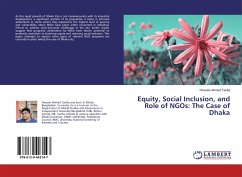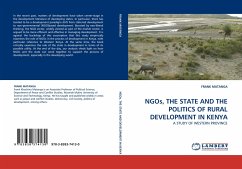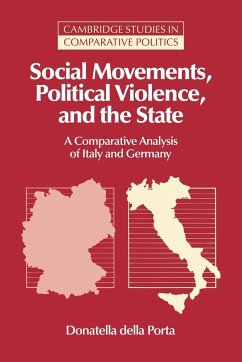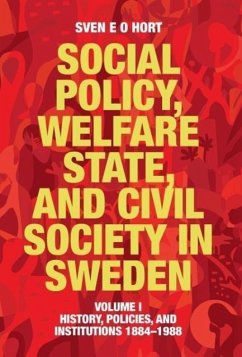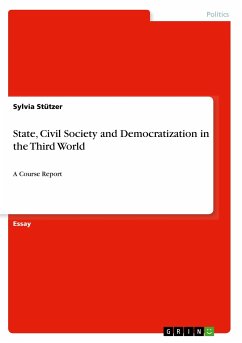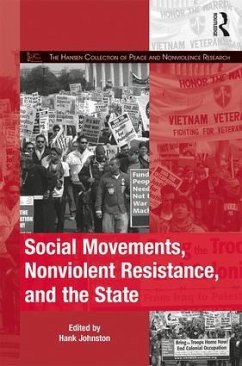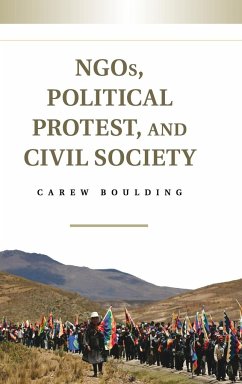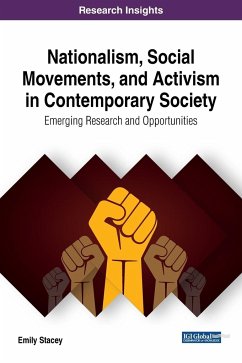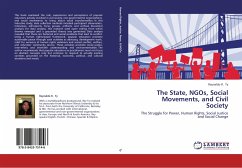
The State, NGOs, Social Movements, and Civil Society
The Struggle for Power, Human Rights, Social Justice and Social Change
Versandkostenfrei!
Versandfertig in 6-10 Tagen
52,99 €
inkl. MwSt.

PAYBACK Punkte
26 °P sammeln!
This book examined the role, experiences and perceptions of popular educators actively involved in civil society, non-governmental organizations, and social movements to bring about social transformation. In this inductive study, data collection methods included participant observation, interviews, self-reports, focus groups, artifacts, and archival document analysis. For data analysis, this research used open coding from which themes emerged and a grounded theory was generated. Data analysis revealed that there are historical and social problems that lead to conflict. Using a human rights-bas...
This book examined the role, experiences and perceptions of popular educators actively involved in civil society, non-governmental organizations, and social movements to bring about social transformation. In this inductive study, data collection methods included participant observation, interviews, self-reports, focus groups, artifacts, and archival document analysis. For data analysis, this research used open coding from which themes emerged and a grounded theory was generated. Data analysis revealed that there are historical and social problems that lead to conflict. Using a human rights-based framework, popular educators promote sustainable peace through such activities as advocacy, development work, relief for survivors of human rights violations and armed conflict, welfare, and volunteer community service. These activities promote social justice, inter-ethnic and interfaith understanding and environmentalism. The author recommends that popular educators as practitioners mustnot focus on abstract concepts only but continue to respond to actually existing contexts grounded on the historical, economic, political, and cultural situations and needs.




